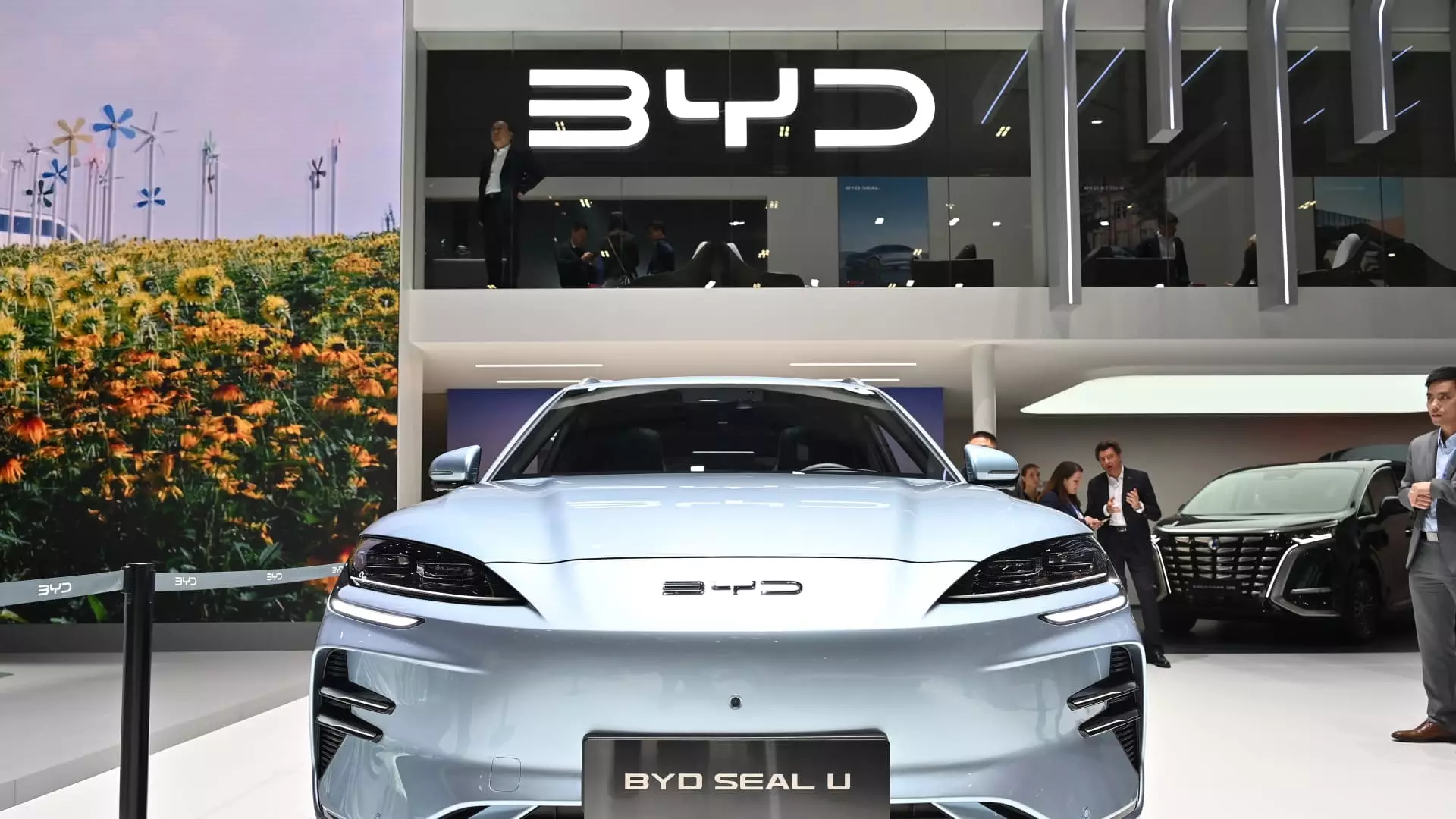The European Union has recently made a significant decision to increase tariffs on electric vehicles imported from China. This move has sparked concerns among automakers, with one company already issuing warnings of potential price increases as a result of these tariffs.
The European Commission had initially announced plans for these levies back in June, after conducting an investigation that revealed Chinese producers of battery EVs were benefiting from what was deemed as “unfair” subsidization. The decision to confirm the tariffs comes as Chinese automakers have been aggressively expanding into the European market with competitively priced offerings, posing a threat to established automakers in the region.
The tariffs, which are set to range from 17.4% to 37.6%, will not only affect Chinese automakers like BYD but also potentially European brands producing cars in China, as well as U.S. giant Tesla, which has a factory in Shanghai. Automakers have already started responding to these tariffs, with Chinese EV maker Nio maintaining current prices for now but hinting at possible adjustments in the future.
Nio stated that while prices for cars currently sold into Europe will remain the same, there is a possibility of price increases later on due to the tariffs. Additionally, Xpeng reassured customers awaiting deliveries or placing new orders before the tariffs take effect that they will not face price hikes. However, there is uncertainty regarding whether prices will indeed be raised as a result of the levies.
The EU’s decision to impose these tariffs has led to tensions between Chinese and EU officials, with Beijing criticizing the move as a “protectionist act.” Chinese Commerce Ministry spokesperson He Yadong expressed hope for both parties to reach a solution through sincere and expedited consultation. Chinese EV makers, including Xpeng, have reiterated their commitment to the European market and are exploring options like establishing local manufacturing capabilities to offset the impact of tariffs.
As the tariffs on Chinese electric vehicles come into effect, the automotive industry is bracing for a period of uncertainty and potential price adjustments. The decisions made by both the European Union and Chinese officials in the coming months will play a crucial role in determining the future landscape of the electric vehicle market in Europe. It remains to be seen how automakers will navigate these challenges and adapt to the changing trade dynamics between the EU and China.


Leave a Reply